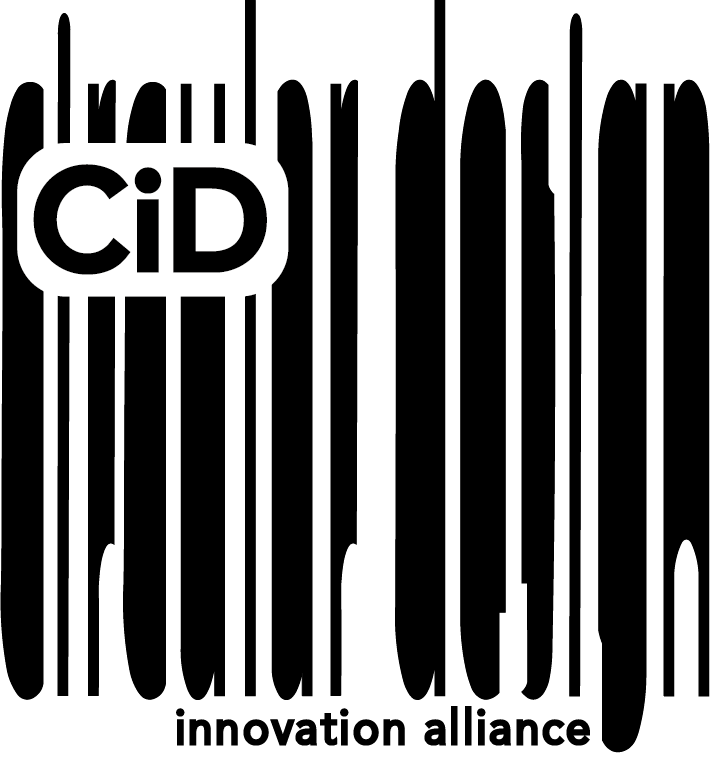
who?
the innovation alliance ist a european team with different perspectives, approaches and ideas.
who is the innovation alliance? In a multidisciplinary approach the Innovation Alliance addresses the gap in skills and knowledge, in the sectors of architecture, urban design, product/service design, offering a radically new model on how to link design to circularity and urban transformation.
-
heads as leadpartner
The Institute of Urban Design and Planning, the Chair for Territorial Design and Urban Planning of Leibniz Universität Hannover (LUH) concentrates research and teaching activities on the creative competences of urbanism and architecture towards sustainability and circular economy, urban regeneration, territorial innovation; with experience in European and international projects, most recent: CFC Creative Food Cycles. The Faculty of Architecture and Landscape Sciences is the top ranked architecture school in Ger-many (CHE 2022) and one of the top 50 architecture schools in Europe (Domus 2017), with 200 professors and researchers and 1,500 students. LUH participates in more than 110 current or closed projects in H2020
-
The Institute for Advanced Architecture of Catalonia (IAAC) is an international centre for research, education, and development of emerging technologies of information, interaction and manufacturing for the design and transformation of the cities, buildings and public spaces. IAAC has experience in European projects, addressing: (1) Education through academic programmes and continuous education programmes; (2) Research by developing projects to expand the boundaries of architecture and design, in collaboration with interdisciplinary experts; (3) Cooperation with companies and institutions
-
The Department of Architecture and Design (UNIGE-DAD) addresses the multifold application of design driven disciplines as the main fields of expertise: from architecture to urban planning, from product to service and communication design. UNIGE-DAD has gained a broad experience in European cooperation programmes (recently in Creative Food Cycles), with particular attention to territorial development issues, ecological resilience, ICT mediated analysis, design and communication strategies. UNIGE has a synergic collaboration with many national R&D organisations, SMEs and industries.
-
ARCES as a certified VET provider contributes extensive expertise in career orientation services and in education. ARCES is one of the leading Technical, Vocational, Education and Training Centres in Italy. It is a certified Education Centre for Vocational Training in Secondary Level, Tertiary level and Continuous education, and the biggest TVET provider in Sicily, providing business sectors with highly-qualified professionals.
-
ERSILIA is a private no-profit institution devoted to enhancing inter- and transdisciplinary knowledge in order to enhance our capacity to meet contemporary global (urban) challenges. It has specific expertise in steering knowledge alliance between businesses, universities, research centres and civic associations; sharing the knowledge acquired in R+D projects and it accessible.
-
Architektūros fondas is non-governmental, non-profit organisation, bringing together a network of people, initiatives and ideas, expanding the public’s understanding of architecture, and applying theoretical and practical architectural competences in a wide range of fields. The flexible, open and proactive structure of the organisation helps to adapt to changing needs and circumstances, while the dynamic arrangement of the community is supported by the principles of volunteering and sharing.
-
The Architects’ Council of Europe (ACE) is the representative organisation for the architectural profession at European level. It consists of the regulatory and professional representative bodies in all EU Member States and others. ACE represents the interests of over 600,000 architects from 30 countries in Europe and is dedicated to values.
-
ALDA contributes with its outstanding network of local and regional authorities, civil society organisations and academic institutions. As association of local democracy it is gathering more than 350 members based in 45 countries The peculiar methodology and network enables the best practices of institutions and organisations to make them scale amongst European and further countries.
-
Tallinn Business Incubators (TEI), founded in 2006 by the city of Tallinn, is an entrepreneurial hub supporting local creative companies. TEI helps starting companies to grow and established ones to expand to new markets. It has extensive international and local cooperation experience with over 20 successful projects. TEI operates Tallinn Creative Incubator and Tallinn Design House. TEI has contributed to more than 350 creative companies’ growth since 2006.
-
Materiom has expertise in biomaterial design and production, material science and engineering, product design, green chemistry, sustainability, and systems thinking. The team has over 20 years of experience in the biomaterial sector. Its 5,000+ community of designers, scientists, and innovators provides extended expertise and capacity.
-
The Department of Biology, Agriculture and Food Sciences (DISBA) is part of the National Research Council of Italy (CNR). It is a centre of excellence for research, innovation and technology transfer in conservation of biological resources and bio-based production.
-
Ellen MacArthur Foundation is recognised for its leading role to accelerate the transition to a circular economy. It develops and promotes the idea of a circular economy, engages key actors from business, academia, etc. to mobilise systems solutions at scale.
-
Ms. Radka Ondrackova, Creativity and communications expert, ReSite, Prague, Czechia
Ms. Antonella Andriani, Vice president ADI Association for Industrial Design. Milan, Italy
Mr. Gonçalo Canto Moniz, Professor at CES Center for Social Studies, University of Coimbra, Portugal
Ms. Katie Beverley, PhD, PDR International Centre for Design and Research, Cardiff, UK
Mr. Gonzalo Delacámara, Director Center for Water & Climate Adaptation, IE University, Segovia, Spain

